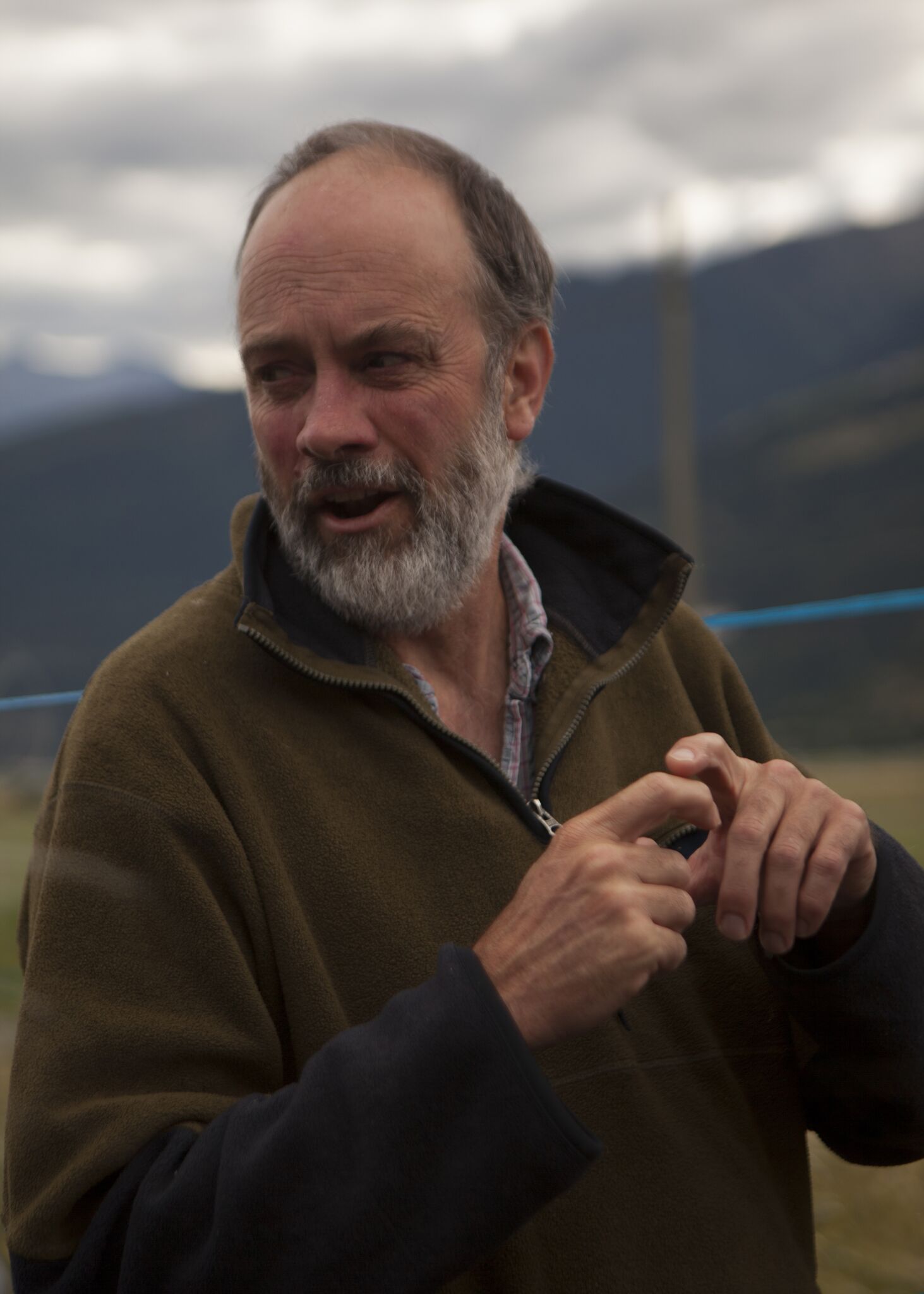
With an educational mission focused on advancing ecological thought and action, Sterling College in Vermont prides itself on trading traditional classroom “seat time” for more than 50% of coursework happening in fields, forests, streams and on the college farm. As a result, climate change is no secret to Sterling’s field-oriented scholars.
Nonetheless, even that keen awareness of intensifying ecological and socioeconomic disruptions manifested by climate change didn’t quite prepare the Sterling community for the coronavirus pandemic, which has impacted the 2020 college calendar and students’ mapped-out expectations.
Despite the surprises dealt to higher education by COVID-19, Sterling had, several years ago, begun to lay the groundwork for buffering the blow of such shocks to the established systems that undergird the assumptions and efficiencies of our modern lives. In 2016, Sterling’s collaborator, Chelsea Green Publishing, released two posthumous volumes of work by the late David Fleming: Lean Logic and Surviving the Future. Each book offers a likely epitaph for modern civilization as we’ve known it, a civilization bankrupted by the accrual of debt we humans have incurred through our extractive economies.
Fleming knew that Mother Nature could be relentless in settling any overdrawn balance. He also offered the possibility that we might collectively find ways forward in giving Mother Nature her due while simultaneously reconstructing our civilization, one community at a time, each in its own way. He named the predicted period of upheaval the “Climacteric,” a stage in the life of a system in which it is exposed to a profound change in health or fortune. He forecasted it would occur between 2010 and 2040.
Read: How to create community in online learning
In January 2018, Sterling College held the “Surviving the Future” symposium, followed by a three-day intensive course that delved more deeply into Fleming’s works and how they might inform Sterling College’s response to the impending Climacteric. A portion of the grant that funded the symposium and subsequent workshop also supported the development of an online course that would advance the importance of Fleming’s work.
During a time of cloistered existences, the opportunity to collaboratively envision a post-pandemic world will be a breath of fresh air and a shared moment of reshaped imaginings.
Whether it is a fortuitous coincidence or savvy foresight is up for debate, but the scheduled April 6 release of our eight-week online course, “Surviving the Future: Conversations for Our Time,” offers a timely lifeline of hope and connection to what is expected to be a global gathering of participants, many of whom will likely be confined to their homes. Although zipping around the globe is currently off-limits, “Zooming” between global communities with videoconferencing will be key to the interaction among participants. Shaun Chamberlin, the U.K.-based editor of Fleming’s work, and I will cultivate a variety of online conversations among course participants and experts.
Read: Updated: 48 free higher ed resources during coronavirus pandemic
The online course will feature live webinars with an array of internationally renowned thinkers each week. For example, Kate Raworth, an Oxford University scholar and author of Doughnut Economics, will offer insights into creating circular economies, and Rob Hopkins, founder of the global Transition Movement, will speak to Fleming’s influence on his work. Participants will also reflect upon readings and online resources in written and webinar discussion forums, linking Fleming’s work to post-pandemic possibilities.
During a time of cloistered existences, the opportunity to collaboratively envision a post-pandemic world will be a breath of fresh air and a shared moment of reshaped imaginings.
Philip Ackerman-Leist is dean of Professional Studies and the School of the New American Farmstead at Sterling College in Vermont. He is also a farmer, off-grid homesteader and author of three books published by Chelsea Green.
UB’s coronavirus page offers complete coverage of the impacts on higher ed.






